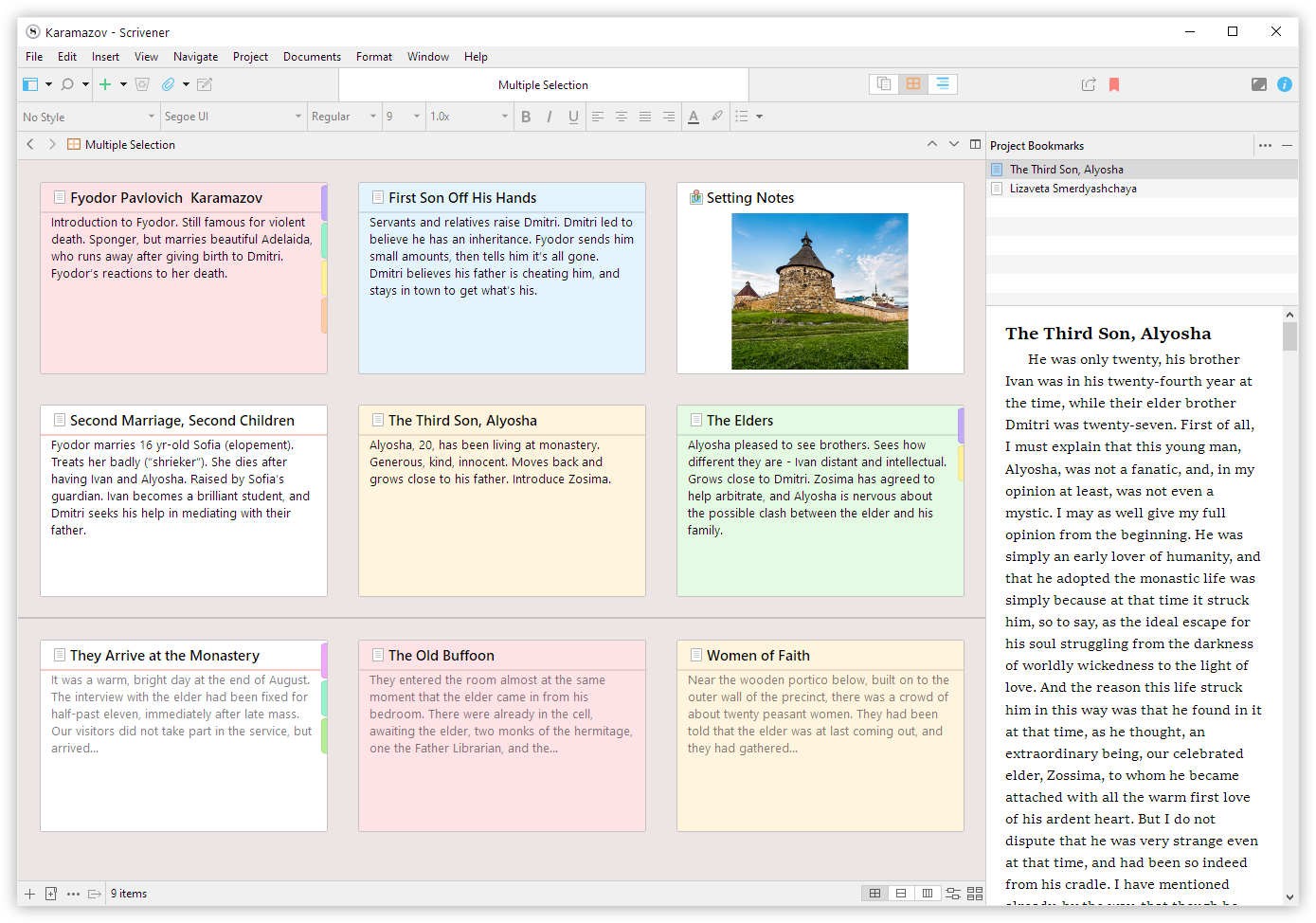Index Surge: Amplifying Your Insights
Stay updated with the latest trends and news across various industries.
Write It Right: Crafting Code Like a Wordsmith
Master the art of coding with flair! Discover tips to write code like a pro wordsmith and elevate your programming skills today!
The Art of Writing Clean Code: A Guide for Aspiring Developers
Writing clean code is an essential skill for aspiring developers, as it enhances readability, maintainability, and scalability of software projects. The first step towards achieving clean code is to follow the DRY (Don't Repeat Yourself) principle, which encourages developers to avoid duplication in code. This not only reduces the size of your codebase but also makes it easier to edit and debug. Additionally, using meaningful variable and function names is crucial; it allows anyone reading the code to understand its purpose without extensive comments. Aim to write functions that accomplish a single task and keep them short—this simplicity is key in the pursuit of clean code.
Another important aspect of clean code is the use of consistent formatting and proper indentation. This ensures that different programmers can work on the same codebase without confusion. Employing tools like linters can help maintain a uniform style and catch potential errors early on. Finally, always remember the importance of testing your code. Writing unit tests not only verifies the correctness of your code but also serves as documentation for others. In conclusion, mastering the art of writing clean code is a continuous journey that greatly benefits the developer and the entire team.

From Novice to Pro: Essential Coding Principles for Clean and Maintainable Code
As a beginner coder, transitioning from basic scripts to clean and maintainable code involves grasping several essential coding principles. First and foremost, consistency in naming conventions helps improve readability. Adopting a uniform style across your codebase, whether it’s camelCase or snake_case, makes it easier for you and your teammates to navigate the code. Additionally, commenting your code effectively is crucial; incorporating useful descriptions above complex code blocks can guide others (and your future self) in understanding your logic.
Another vital principle is the practice of modularization. By breaking your code into smaller, self-contained components, you enhance its maintainability and reusability. Aim to adhere to the DRY (Don’t Repeat Yourself) principle, which advocates for reducing repetition in code and promoting abstraction. Lastly, incorporating regular refactoring sessions into your workflow can significantly improve code quality over time while allowing you to remove redundant code and optimize performance.
Is Your Code Speaking Clearly? Tips for Enhancing Code Readability and Structure
In the world of programming, code readability is crucial for ensuring that others can easily understand and maintain your work. When writing code, consider implementing consistent naming conventions for variables and functions, as this helps convey their purpose clearly. Additionally, utilizing whitespace effectively can improve the overall structure of your code, making it visually easier to navigate. Here are some tips to enhance your code's readability:
- Use descriptive and meaningful names for functions and variables.
- Keep functions small and focused on a single task.
- Comment on complex sections of code to explain their functionality.
Another important aspect of code structure is the organization of files and directories. Aim to follow a logical hierarchy that categorizes files based on their functionality. Integrating coding standards and guidelines consistently throughout your project will not only improve readability but also promote teamwork and collaboration. Remember, clear and structured code leads to less frustration and better results:
"Good code is its own best documentation."